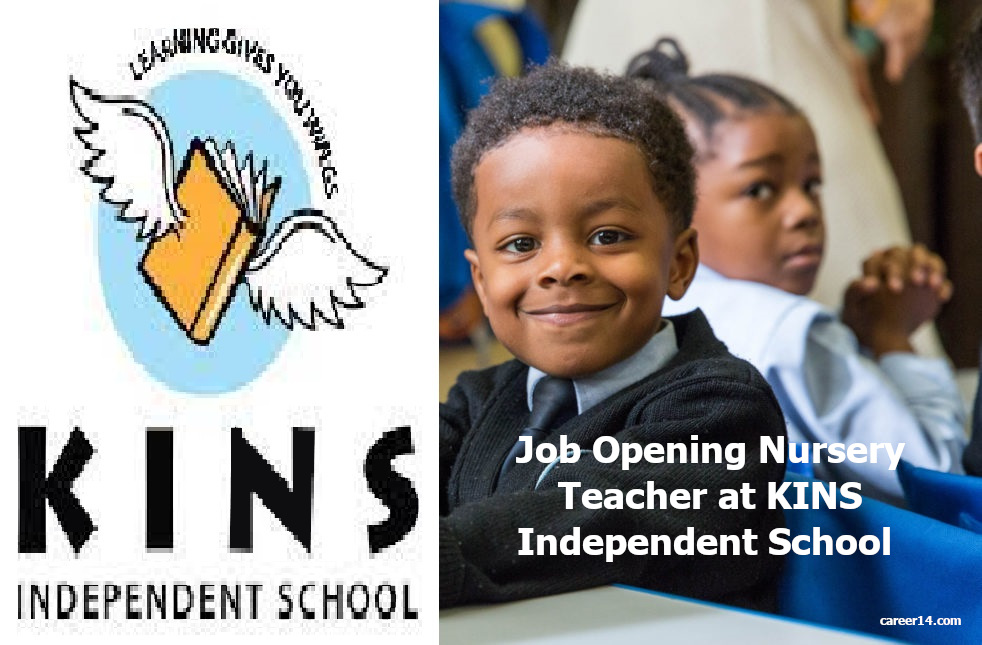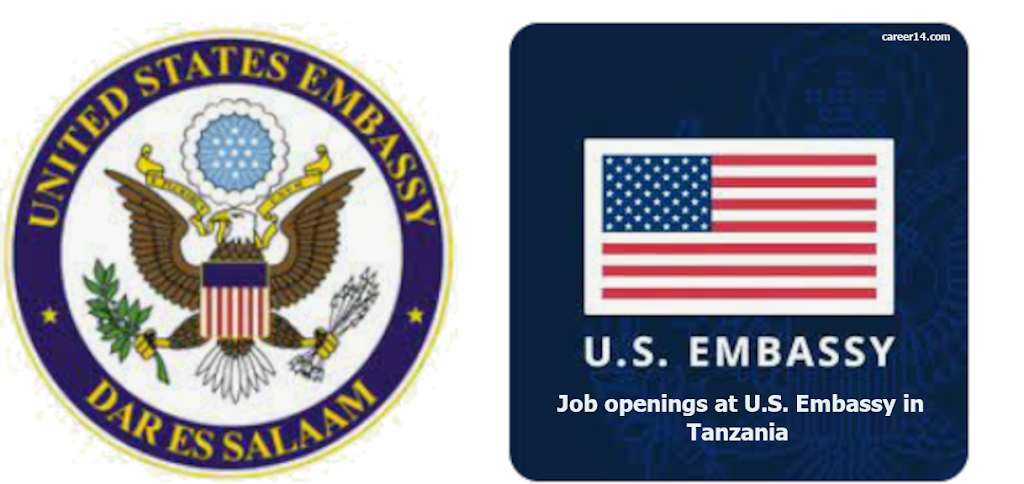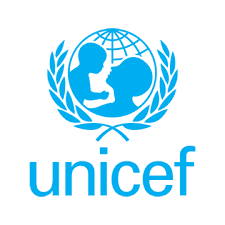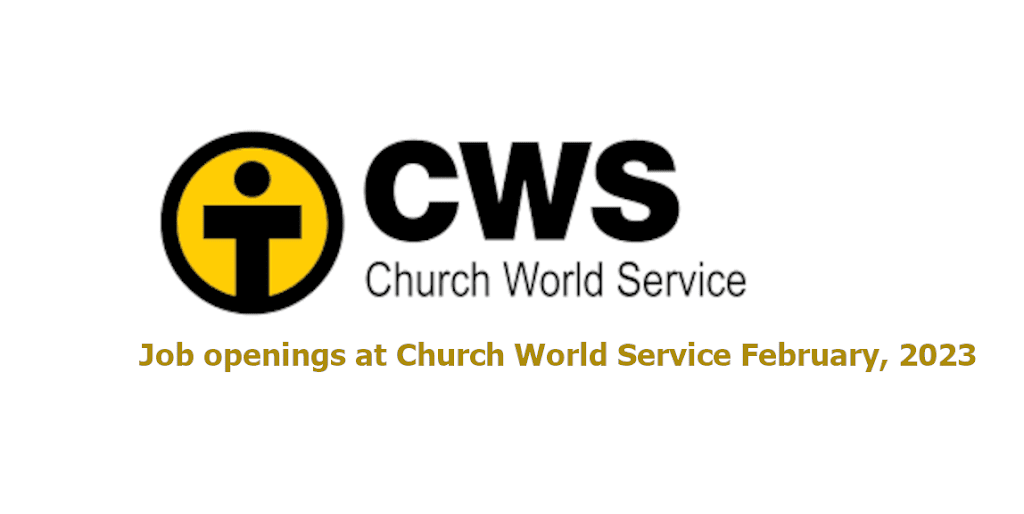nafasi za kazi unicef, ajira unicef, nafasi za kazi unicef tanzania 2021, jobs at unicef, jobs vacancies unicef, unicef tanzania jobs post,
Job no: 545865
Contract type: Consultancy
Level: Consultancy
Location: United Republic of Tanzania
Categories: Education
UNICEF works in some of the world’s toughest places, to reach the world’s most disadvantaged children. To save their lives. To defend their rights. To help them fulfill their potential.
Across 190 countries and territories, we work for every child, everywhere, every day, to build a better world for everyone.
And we never give up.
For every child, Education
Education Sector Plans (ESPs) are multi-year planning documents that contain key targets for the sector and main strategies to achieve it. They are fundamental in building stronger and more equitable education systems and to align efforts of all education partners and ensure all children are in school and learning, while mobilizing the necessary domestic and external resources.
The Ministry of Education, Science and Technology (MoEST) wishes to commission the development of a new Education Sector Development Plan 2021/22-2025/26 to build up from the current Education Sector Development Plan (ESDP) for Tanzania that covered five years 2016/17 – 2020/21. The new sector plan must comply with the relevant national policy documents and international such as Global Partnership for Education guidelines.
The ESDP needs to build from a solid Education Sector Analysis (ESA) providing data and assessments that form the information base on which strategies and programmes are developed. The ESA which was done and endorsed in October 2021 will form a basis for the development of a robust ESDP.
How can you make a difference?
The objective of this work is to deliver a comprehensive, detailed, and rigorous plan of Tanzania’s education sector; This process must be completed in close collaboration with and under the guidance of MoEST to ensure relevance, ownership, and feasibility of implementation of the final analysis. The objective of the Education Sector Plan is to provide a description of the situation of the education system based on data and indicators, as well as of successes, weaknesses and difficulties encountered for five years implementation of ESDP II. Also, it will provide strategic recommendations for the next ESDP. The proposed recommendations need to be in line with ruling party Manifesto 2020 – 2025, the National Five-Year Development Plan III (FYDPIII) and other relevance policy documents.
MAIN OBJECTIVES, DELIVERABLES AND TIME FRAME
Main objectives:
The scope of work of the consultancy includes support to the MOEST-appointed Core Technical Team (CTT), who will guide the Education Sector Plan development. An indicative set of activities and processes is provided, though candidate consultants are encouraged to propose alternative approaches as relevant.
A detailed Education Sector Plan was developed in 2016/2017, and many of the conclusions remain valid, however there is a great need to develop a plan that will be relevant to FYDP III. The upcoming sector plan will inform the future of strategies and programme for Tanzania education in 2021/2022-2025/2026
All deliverables are to be submitted in draft form to UNICEF Tanzania who will coordinate with MOEST to ensure a review by relevant key stakeholders. Revised versions integrating all relevant feedback (with discussions and clarifications made as needed when feedback cannot be accommodated) will be submitted.
The consultants will have to deliver the following:
1. Inception Report
2. Draft Education Sector plan,
3. Monthly progress report via email based on agreed work plan
This work will be conducted in three phases:
▪ First Phase: An inception phase, including desk review, inception meetings with the Ministry of Education, Science and Technology and key stakeholders in Tanzania, and other tasks as relevant, will result in a report that outlines the proposed plan, process, and timeline (detailing in-country inputs/TA) for the completion of the Education Sector Plan.
▪ Second Phase: The Education Sector Plan: This new plan needs to build from a robust Education Sector Analysis (ESA) by providing relevant information that will be a basis to develop relevant strategies and programmes. The plan should provide an evidence based and robust prescription o the identified issues, challenges, and gaps for improvement of education outcomes, delivery, and functionality of the education sector, framed within the context of the national development plans, budgets and domestic and international commitments. The plan should be accompanied with an operational plan that strategies Monitoring an Evaluation Frameworks and articulates a strategic vision for the development of Education sector Strategic Plan and resource mobilization strategies to finance development projects and other interventions in the plan.
▪ Third Phase: The structure of the sector plan will be defined early and will be informed by national guidelines from MoEST, Global Partnerships for Education (GPE), international guidelines and the FYDPIII and current development plans that sit under it, and the needs of Tanzania as identified by the CTT. To foster buy-in, all education sector stakeholders should be consulted along the way.
Process of Developing the plan:
This will use mixed approaches and customized institutional arrangements embedded in the current Government structure. These will involve the following:
1. Literature Review: Several reports (books, journals), both Tanzania- and foreign- based, will be reviewed. Other sources include reports on studies on the demographic dividend, development financing, Household Budget Surveys, education sector performance report, budget speeches and directives of national leadership and documentation on Tanzania’s regional and global commitments. Summary of documents include: a)Annual Education Sector Performance Reports b) Annual Education Reports from key development partners projects c) Relevant research and briefs d) Relevant government reports e) Most current ESA, and previous appraised ESDP
2. Consultations involving a wide range of stakeholders:
a. Internal consultations: conducted within and among MoEST allied institutions and technical experts in order to ensure common understanding of the process and key issues for the Plan.
DELIVERABLES, PAYMENT AND TIMEFLAME
|
Deliverables |
Timeframe |
Payment (%) |
|
▪ 1- An inception report with secondary data analysis/literature review with clear objectives and recommendations ) |
Within two weeks from the date of contract signature ▪ By 15th November 2021 |
20% |
|
▪ 2 – Draft Education Sector Plan |
▪ By January 15th, 2022 |
40% |
|
▪ 3 – Final Education Sector Plan integrating stakeholder’s feedback (including editing and graphic design) |
▪ By February 15th, 2022 |
40% |
|
▪ 4. Final progress report |
▪ By February 15th, 2022 |
|
|
TOTAL |
60 working days |
100% |
PAYMENT SCHEDULE.
Payments will be made upon submission and acceptance of the specified deliverables in the table above under section TASKS, DELIVERABLE AND TIME FRAME. UNICEF reserves the right to withhold all or portion of payment if performance is unsatisfactory, if work/output is incomplete, not delivered or for failure to meet deadlines.
SUPERVISION.
The consultants will work directly with the Ministry of Education, Science and Technology (MOEST), other development partners and the Ministry of state – regional administration and local government (PO-RALG) as well as other Ministries. UNICEF will manage the contract and manage the overall quality in collaboration with the MOEST.
The consultant will report directly to Chief of Education/MOEST
DURATION OF THE CONSULTANCY
This consultancy covers a period of 60 working days.
EVALUATION PROCESS AND METHODOLOGY.
The assignment is proposed to be undertaken by a team of two National Consultants who will be selected from Tanzania Academic and Research Institutions. Support will be provided by an international consultant who will be selected separately. The applicant should submit both technical and financial proposals which clearly stipulate how the work will be conducted, time required, and budget for the whole work.
Note that the following will be the selection criteria based on the score:
➢ Technical proposal (75%) with the following breakdown: Overall response (10), methodology (30), proposed team and experience (20) and examples of similar plans/strategies and/or materials developed and implemented successfully (15)
➢ Financial proposal with clear stipulation of each activity and costs– 25%. The Financial Proposal should include all the cost of the assignment such as Fees, Accommodation, Travel costs etc as UNICEF will not be paying for these costs.
MEDICAL EVACUATION COVERAGE.
The consultant will be required to submit the proof of medical/Health Insurance with medical evacuation coverage.
PROJECT MANAGEMENT
The assignment will be funded and managed by UNICEF under the supervision of the chief of Education and UNICEF’s Education Specialist and Director of Policy and Planning in the Ministry of education.
• The consultants will work under the overall coordination and leadership of MOEST and UNICEF
• The consultants will organize, and lead activities related to inception, review of drafts, and validation meetings internally with the UNICEF team as well as key stakeholders under the leadership of the national team of experts.
To qualify as an advocate for every child you will need to have the following…
A consultant to undertake this assignment will have the following qualifications and experience:
▪ Must have master’s degree in education, policy, or similar areas
▪ At least 10 years of experience in this field of education policy and data analysis Education sector analysis, policy, and plan formulation, including sub-sector and multi-sectoral components
▪ Priority sub-sectors (e.g., ECCE-Early Childhood Care and Education)) and targeted issues (equity, inclusion)
▪ Data collection, analysis, and visualization
▪ Education financing, economics, and costing
▪ Education Management Information Systems (EMIS)
▪ Monitoring & evaluation
▪ Capacity building
▪ Professional technical and non-technical writing, editing.
▪ The Consultant should be able to effectively engage and coordinate with other available technical expertise, such as the Education Sector Policy and Planning Adviser within the Ministry of Education, national experts contracted by the Ministry of Education, and expertise available through UNICEF and other partners.
▪ Written and spoken English is required, some understanding of Kiswahili is an added advantage.
For every Child, you demonstrate…
UNICEF’s values of Care, Respect, Integrity, Trust, and Accountability (CRITA).
The UNICEF competencies required for this post are…
Builds and maintains partnerships, demonstrates self-awareness and ethical awareness, innovates, and embraces change, drive to achieve results for impact, manages ambiguity and complexity, thinks, and acts strategically, work Collaboratively with others.
To view our competency framework, please click here
UNICEF is committed to diversity and inclusion within its workforce, and encourages all candidates, irrespective of gender, nationality, religious and ethnic backgrounds, including persons living with disabilities, to apply to become a part of the organization.
UNICEF has a zero-tolerance policy on conduct that is incompatible with the aims and objectives of the United Nations and UNICEF, including sexual exploitation and abuse, sexual harassment, abuse of authority and discrimination. UNICEF also adheres to strict child safeguarding principles. All selected candidates will be expected to adhere to these standards and principles and will therefore undergo rigorous reference and background checks. Background checks will include the verification of academic credential(s) and employment history. Selected candidates may be required to provide additional information to conduct a background check.
Remarks:
Only shortlisted candidates will be contacted and advance to the next stage of the selection process.
Individuals engaged under a consultancy or individual contract will not be considered “staff members” under the Staff Regulations and Rules of the United Nations and UNICEF’s policies and procedures, and will not be entitled to benefits provided therein (such as leave entitlements and medical insurance coverage). Their conditions of service will be governed by their contract and the General Conditions of Contracts for the Services of Consultants and Individual Contractors. Consultants and individual contractors are responsible for determining their tax liabilities and for the payment of any taxes and/or duties, in accordance with local or other applicable laws.
Advertised: 02 Nov 2021 E. Africa Standard Time
Deadline: 07 Nov 2021 E. Africa Standard Time







